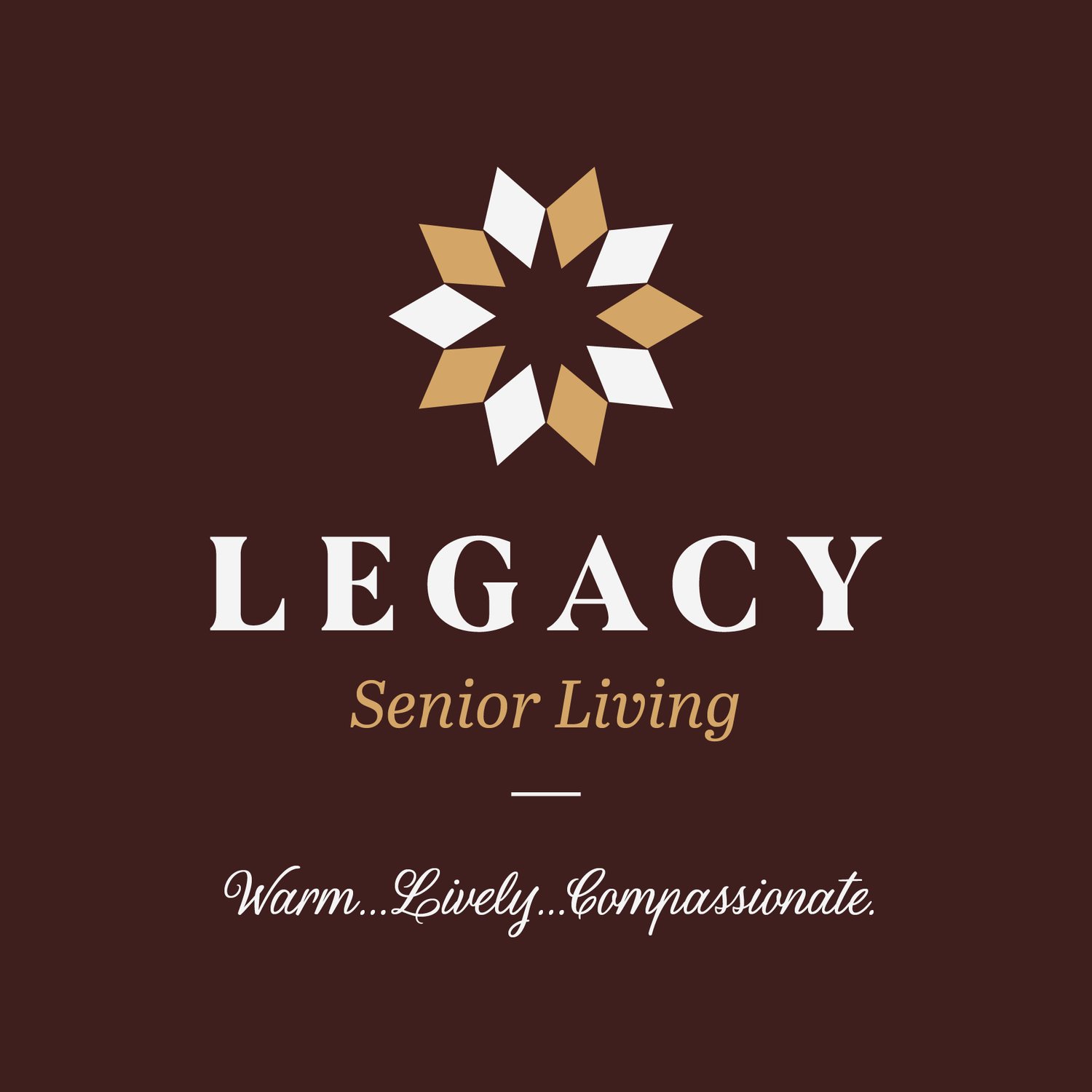Understanding different Senior Living Options and levels of care
Understanding the different Senior Living options: Home Living, Independent Living, Assisted Living, and Nursing Homes
Introduction
As we or our loved ones age, the question of where to live becomes increasingly important. Each stage of life comes with its unique needs and challenges, and the decision between staying at home, moving to an independent living community, transitioning to assisted living, or considering a nursing home requires careful consideration. In this blog post, we'll delve into the differences between these options to help you make an informed choice.
Living at Home:
For many, the thought of aging in place and staying in the comfort of their own homes is appealing. Home living offers familiarity, independence, and a sense of security. However, it's essential to acknowledge that as we age, daily tasks can become more challenging. While staying at home provides autonomy, it might also require modifications to the living environment, in-home care services, and regular check-ins to ensure safety and well-being.
Independent Living:
Independent living communities are perfect for those who desire an active and social lifestyle without the burden of maintaining a house. Residents live in private apartments or cottages within a community that offers amenities such as fitness centers, recreational activities, and communal dining. It's an excellent option for older adults who want to downsize and simplify their lives while enjoying the company of peers. Independent living provides a sense of community and freedom while ensuring assistance is available if needed.
Assisted Living:
Assisted living strikes a balance between independence and support. This option is suitable for individuals who need help with daily activities like bathing, dressing, and medication management. Residents have private living spaces while benefiting from services like housekeeping, meals, and transportation. Trained staff members are on hand 24/7 to offer assistance, creating a comfortable environment for seniors to age gracefully with the necessary care they require.
Nursing Homes:
Nursing homes, also known as skilled nursing facilities, provide intensive medical and personal care for individuals with complex health needs. These facilities are staffed with licensed medical professionals, including registered nurses and doctors, ensuring residents receive the medical attention they require. Nursing homes are ideal for those with chronic illnesses, disabilities, or recovering from surgeries who need round-the-clock monitoring, medical assistance, and personal care.
Choosing the Right Option
Selecting the right living arrangement depends on factors such as health status, personal preferences, social needs, and available financial resources. Here are some considerations to help guide your decision:
Healthcare Needs: Assess the level of medical care required and whether medical conditions are stable or progressing.
Independence: Determine the desired level of independence and whether you need assistance with daily tasks.
Social Engagement: Consider how important community and social activities are for your mental and emotional well-being.
Financial Situation: Understand the costs associated with each option, including potential long-term care expenses.
Safety: Evaluate whether the current living environment can be modified to ensure safety or if a more structured setting is necessary.
Family Support: Discuss the decision with family members to gather their insights and perspectives.
Conclusion
As we journey through different stages of life, our living preferences and needs evolve. Whether you're considering aging at home, exploring independent living, evaluating assisted living communities, or contemplating a nursing home for more intensive care, each option has its unique advantages. The key is to make an informed decision that aligns with your well-being, comfort, and desired lifestyle, ensuring a fulfilling and supportive living arrangement for yourself or your loved ones.
